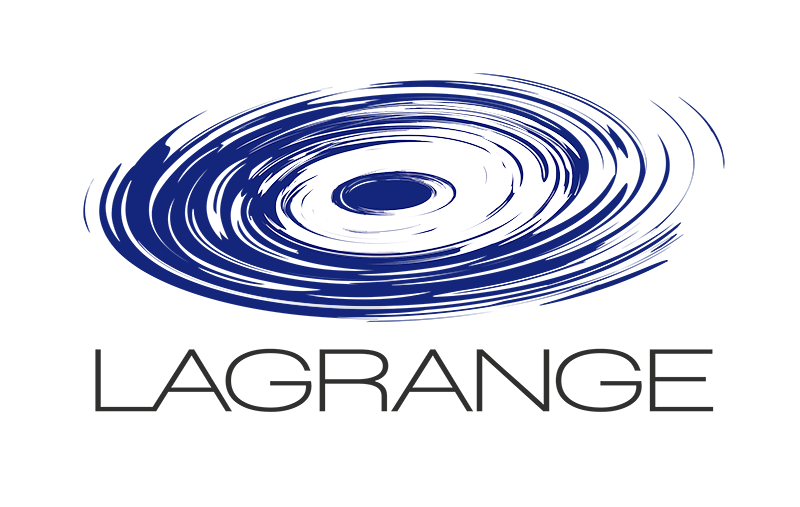- International Symposium The Science of MarcoPolo-R: 3-4 June 2013, ESA/ESTEC (The Netherlands), click here
---------
Past Workshops
- 3rd MarcoPolo-R symposium: 26 March 2012, Manchester, UK
Click here to download the program
You are invited to attend the 3rd MarcoPolo-R symposium “Scientific Objectives of MarcoPolo-R near-Earth asteroid sample return mission.” to be held on 26 March 2012 at the University of Manchester, UK. The Symposium is open to the entire scientific and technical community involved, or interested in being involved, in MarcoPolo-R.
We will present the current status of the MarcoPolo-R mission study at ESA, and focus on how in-situ measurements, remote observations, sample collection, storage and curation methods contribute to the scientific success of the mission. We invite contributions to the following topics:
- Optimum sample properties and primary science goals,
- Sample site selection criteria and observations required to satisfy them,
- Required global and local geological and physical context for the samples,
- Advances in asteroid science from in-situ measurements on a primitive binary NEA,
- The potential contribution from Earth-based observations of the target,
- Storage, curation and characterization procedures to maximize sample science return,
- Reports of the MarcoPolo-R working groups
The Symposium will precede the 2012 National Astronomy Meeting (NAM) of the Royal Astronomical Society, 27–30 March, which will be a joint Germany-UK meeting organised by the Jodrell Bank Centre for Astrophysics, and run in partnership with the Astronomische Gesellschaft.
See: http://www.jodrellbank.manchester.ac.uk/meetings/nam2012/
To organize the meeting most effectively, we need to receive an indication of your interest and possible participation. To respond to this announcement and receive further information as it becomes available, please complete the form below. Please reply before 15 January 2012.
We anticipate a start at ~10.30am on 26th March. A modest registration fee will cover refreshments and lunch.
The NAM session PL1 “Small bodies in Our Solar System” will take place on 27th March. Symposium attendees are welcome to register for this day or for the whole NAM through their website, and to propose more general papers for that session through the NAM website.
Scientific Organizing Committee: S. Green, A. Barucci, P. Michel, H. Boenhardt, J.R. Brucato, E. Dotto, P. Ehrenfreund, I. Franchi, L. Lara, B. Marty
- MarcoPolo-R Workshop: Physical Characterization of Marco Polo-R Targets, January 12-13, 2012, Meudon Observatory (France)
We are happy to announce the workshop "Physical Characterization of Marco Polo-R Targets" to be held on January 12-13 2012 at the Meudon Observatory (France). The participation to the workshop is on Invitation, due to the limited number of places, however interested persons can contact the organizers to check whether they can participate.
Click here to access to the official website of the workshop
- 2nd MarcoPolo-R Symposium at the DPS/EPSC 2011 Meeting in Nantes (France)
A workshop aimed at presenting the current status of the MarcoPolo-R mission study at ESA and the definition and activities of Working Groups on topics related to this mission is taking place on October 5th, 2011, at 12:30-12:00 am in the Mercure Room of the congress center.
Click here to access to the DPS/EPSC webpage of this workshop
- First MarcoPolo-R Symposium: "Scientific and technological aspects of a sample return mission to a Near Earth Asteroid: the ESA Cosmic Vision M3 mission MarcoPolo-R », 9-10 June 2011, ESA-ESRIN Frascati (Roma), Italy
We are happy to announce the workshop "Scientific and technological aspects of a sample return mission to a Near Earth Asteroid: the ESA Cosmic Vision M3 mission MarcoPolo-R" to be held on June 9-10 2011 at ESA-ESRIN in Frascati (Rome, Italy).
Click here to access to the official website of the workshop and register (deadline April 30, 2011)
The workshop is aimed at discussing organizing the MarcoPolo-R study activities within the International community of scientists, engineers and industries, thus providing an opportunity for the wide planetary science community to interact with the MarcoPolo-R Science Study Team, so as to further refine the mission's goals, its science drivers, the required instruments, and the technological developments for the science payload.




